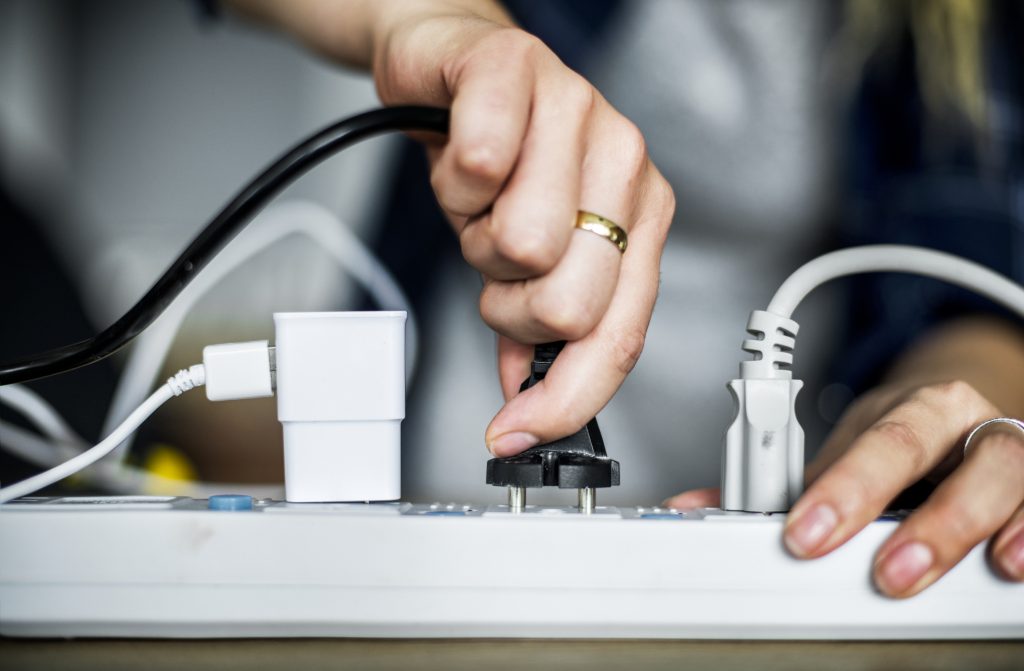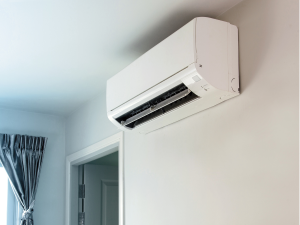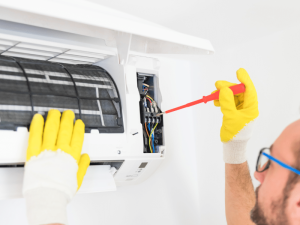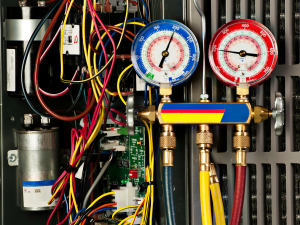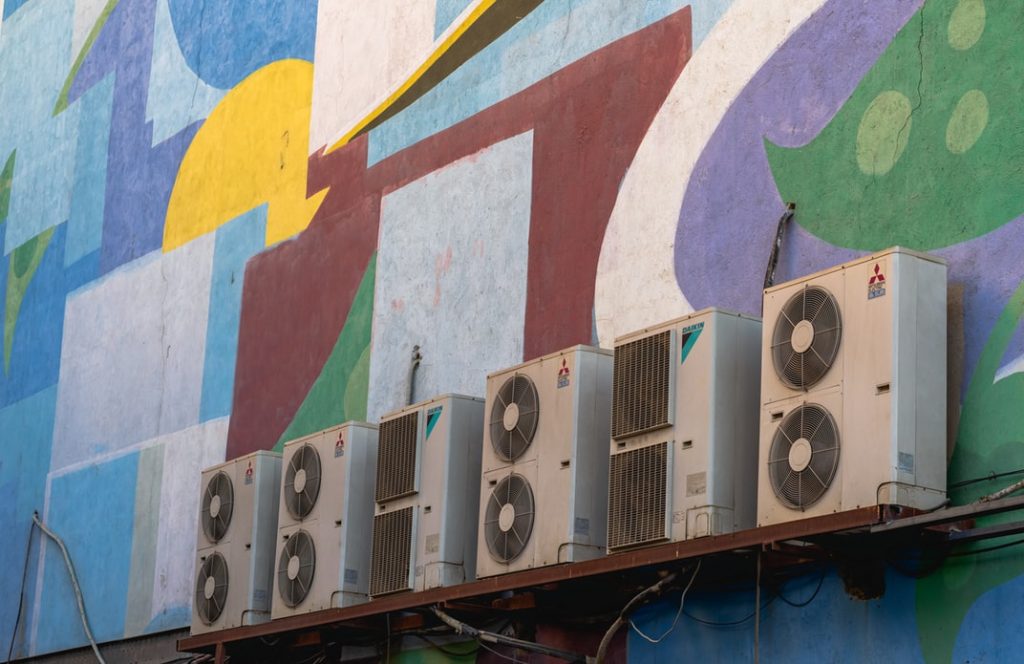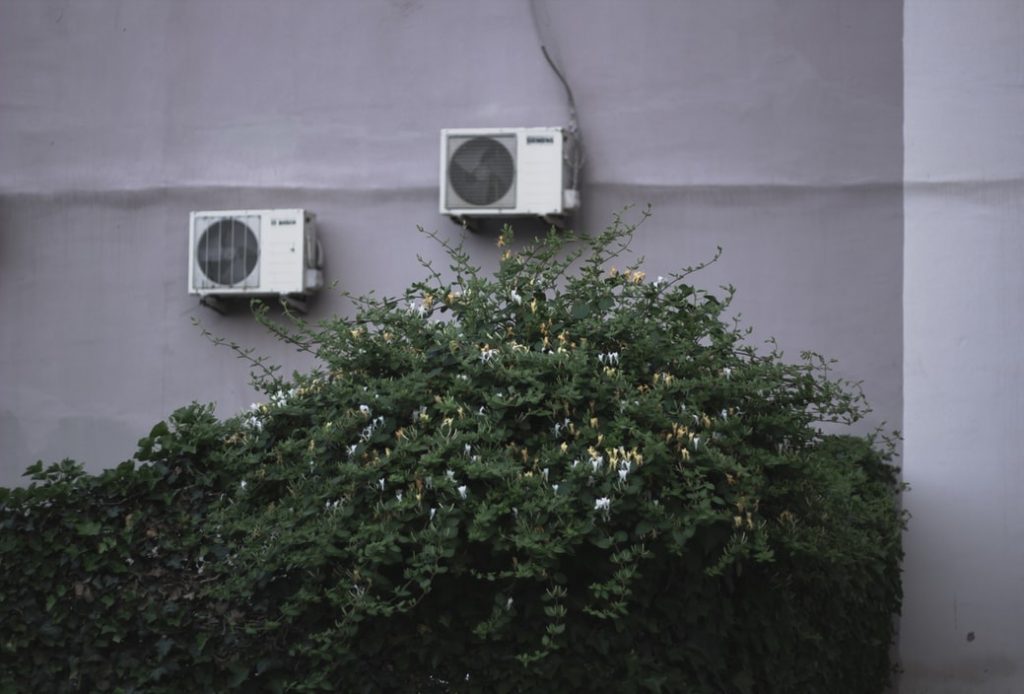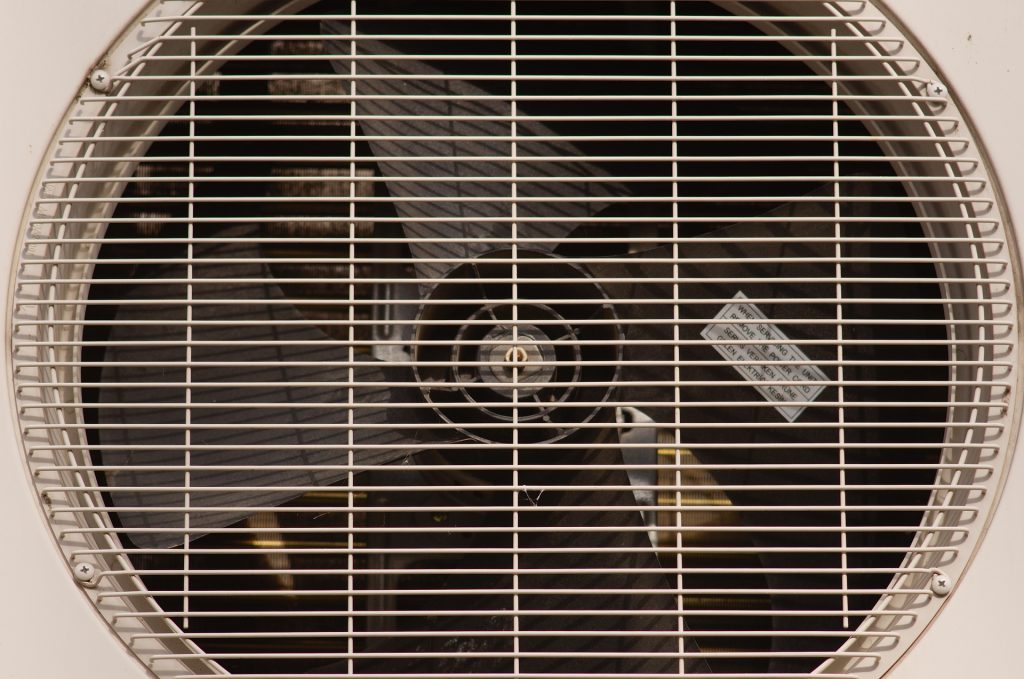If you’re running an air conditioner, it’s a good feeling sitting around in a cool room on a hot day. However, there may be times when the power surge can be so great that it can lead to electrical damage, causing your AC to malfunction. That’s why it’s important to have a surge protector for an AC unit.
You don’t want to go with any ordinary surge protector – select one that can handle large appliances such as air conditioners. American Home Water & Air is your Air Conditioner service near Phoenix, Arizona, that can point you in the right direction.
In this quick guide, we’ll show you how to find the right surge protector that you can use for your needs. This way, when the power somehow goes out, your air conditioner will be 100 percent protected and won’t malfunction once things are back to normal.
Keep reading to find out more about the best surge protector options for an AC unit.
What to consider when finding a surge protector for an AC unit?
The following are a few factors to consider when looking for a surge protector for an AC unit.
Joule Rating
One of the numbers that you have to pay attention to is the joule rating. The rating will determine how much energy a surge protector is able to take in. The higher the rating, the better protection you’ll get.
As a rule of thumb, you want to keep the joule rating between 1000 to 2000 joules. At this range, surge protectors will be reliable when using appliances like air conditioners. They can also be useful if you’re using other electronic appliances (medium or large).
If you need a surge protector for an outdoor AC unit, you can get away with using something that has a much higher joule rating, which means even more protection for your unit. But keep in mind that the higher the joule rating, the pricier it may get in terms of your budget.
Safety Rating
The safety rating is key when looking for a surge protector, and you should always look out for the UL mark, which can be found on almost every surge protector you get in retail stores. You should specifically look for UL 1449, as it marks the best UL rating for larger appliances like air conditioning units.
Therefore, surge protectors with this rating will be the best option if you’re looking for the best surge protector specifically for an AC unit.
How many sockets?
Not all surge protectors will have the same amount of sockets. Therefore, it’s important to find out how many you’ll need. When plugging it into an air conditioner, it can take up a bit of space (to the point where you may be unable to plug in other appliances).
Consider the range of sockets you’ll need prior to choosing a surge protector for an ac unit.
Warranty
Of course, you cannot go wrong with a good warranty. The lengthier it is, the better. Yes, things can and will go wrong with a surge protector.
So you want to make sure you are able to find a warranty that is built to last. The good news is, some retailers will offer an insurance policy if things go wrong with it. However, keep in mind that adding an insurance policy will add on an extra cost on top of what you’ll be paying for the surge protector.
Why should you have a surge protector for your air conditioner?
Surge protectors are designed to protect your appliances, even the most durable ones. If your appliances experience a power surge, many appliances may malfunction when the power comes back, and they won’t be in working order until the parts are replaced.
Also note that the price of replacement parts and repair services are going to be pretty steep. To save yourself time and money, a surge protector for your air conditioner will be the best line of defense.
A surge protector for an AC unit will cost less than a repair that may set you back financially. The sooner you get a surge protector for your air conditioning unit, the better you’ll feel (and your wallet may breathe a sigh of relief as well).
What causes power surges?
Power surges are defined as spikes in voltage that can occur suddenly. They will travel through wires and power lines, and when this happens, the electronic circuits will increase in temperature.
It can get to the point where these circuits can’t handle the high heat and can shut down (or worse, cause a fire). Most home outlets will be able to handle 120 volts of electricity (unless stated otherwise).
Some outlets can also handle 240-volts. But note that if you plug in something that would be ideal for a 120-volt outlet into a 240-volt outlet, it can fry the components of the appliance since the electric current will be too high for it to handle.
Here’s what can cause power surges to occur:
- Downed power lines: If a power line is down, it can cause power outages. At the same time, it will also have the ability to create power surges. These can occur in the event of adverse weather conditions, accidents, or errors in repair.
- Thunderstorms: One bolt of lightning can pack a powerful punch. Especially when it hits a wire. Lightning can generate up to 1 billion joules of electricity. This can be enough to render every appliance in your home useless. If you think that’s crazy, a bolt of lighting that strikes within 10 miles can cause surges to travel an extra mile, taking out the appliances of any home within that area.
- Random happenings: These can occur without any advanced warning. These happenings are outside of weather conditions, accidents, and what have you. Keep in mind that in the event of this, the power company may not be responsible for any damage that occurs due to events beyond their control.
Get A Surge Protector For Your AC Now
If you want to protect your air conditioning unit, it’s best to get a surge protector. American Home Water & Air can help. Contact us at 602-993-0083 and we’ll get started with your plan to protect your air conditioner from power surges that can occur at any time.


